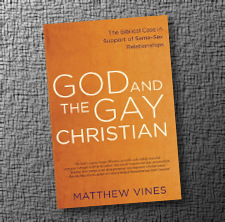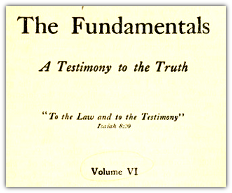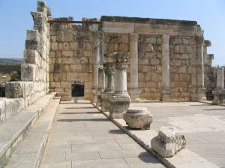Ligon Duncan introduces Covenant Theology
First let me say that I am a Premillenialist and solidly so. I am also a Baptist and have no plans in advocating being Reformed or Presbyterian. Michael Horton likes to say he is Reformed with a capital “R.” Both he and R. Scott Clark bitterly castigate Baptists that they start from scratch every generation. This introduction by Dr. Duncan does no such thing, instead he praises Baptist Mark Dever very highly who does not sprinkle babies and yet is a Covenant Theology adherent. For myself, I could be Reformed but with a small “r.”
 Read
Read 

 Read
Read  (
( Reprinted with permission from
Reprinted with permission from
Discussion